Montessori System of Education:
(1) Principle of Development- Like Froebel Montessori believed that development from within is an essential principle of child education. This child is a potential being and education should aim at his full development. In the words of Montessori. “The child is a body which grows and a soul which develops”. Education should try to let the child unfold his individuality and inner personality. The teacher is to direct the latent powers of the children to unfold themselves for mutual growth.
(2) Principle of Individuality- Education must be an individual business. The individuality of the child should be respected. The child’s individuality should not be crushed through collective or classroom teaching. Individual attention should be paid to each child. Opportunities should be provided to each child to develop in his own way.
(3) Principle of Freedom- Montessori believed that freedom is the fundamental right of every human being. Hence the child should have full freedom. Freedom is the best and most suitable medium for the development of personality. The child should be free to do whatever he likes. The teacher should not interfere with his independence. Discipline is the self-control that comes through activity in an atmosphere of freedom.
(4) Principle of Self-education- Montessori advocated that self-education is the best method for the child’s education. Hence all education should be self-education. The constant interference of the teacher is strictly prohibited by Montessori. She tried to eliminate the teacher’s interference as much as she could. The teacher should only help when his help is asked for. The child should acquire education out of his interests and efforts. Spoon feeding of the child is not favoured by Montessori. To encourage auto-education, Montessori introduced “Didactic Apparatus”. Through his apparatus, the child’s errors are controlled and he is able to correct himself.
(5) Principle of Sense-training- Montessori attached great importance to the training of the senses. Senses are the gateways of knowledge. If senses are properly trained, the process of education shall continue for the whole life. Sense training prepares the child for intellectual development and consequently plays a very important role in education. Hence, according to Montessori, the senses of children must be exercised, refined and sharpened.
(6) Principle of Muscular Training- Montessori also emphasized the training of the muscles. She believed that children should be given the opportunity and knowledge of the proper use of their muscles, so that his other activities like writing, speaking and drawing are facilitated. Motor efficiency though purely physiological in character helps in the total development of the child. A sound mind houses only in a sound body. Hence Montessori aims at motor efficiency with sensory training.
(7) Education according to Psychology of the Child- Montessori asserted that education should be according to the psychology of the child i.e., according to his needs, interests, aptitudes and potentialities. Child psychology should guide education. Instincts of children should be skillfully channelized and directed to educationally significant purposes. It is now an accepted principle of educational pedagogy that in the early stages of education, a proper appeal must be made through instincts. The teacher must obtain the cooperation of pupils to vitalize the teaching-learning process.
Montessori’s Concept of Education:
In the words of Montessori, “By education must be understood active help given to the normal expansion of the life of the child”. Education should promote the normal growth and development of the child. According to Montessori, education means development from within. Various abilities, interests and potentialities should be fully developed. To make inner-outer is the main function of education.
Montessori’s Aim of Education:
Montessori maintains that education should aim at the perfect development of the individuality of the child through self-education in an atmosphere of freedom and spontaneity. In such an atmosphere, the personality of the child is formed and developed. Education does not aim at imposing something upon the child. It should aim at drawing out innate potentialities. It should promote development from within.
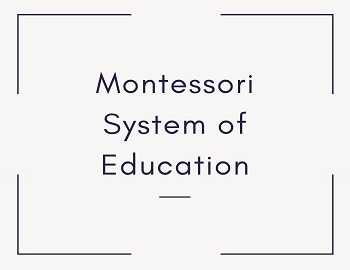
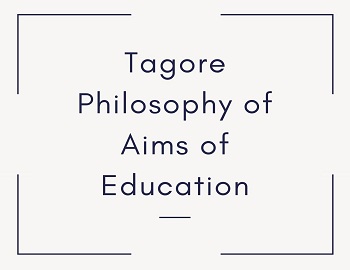
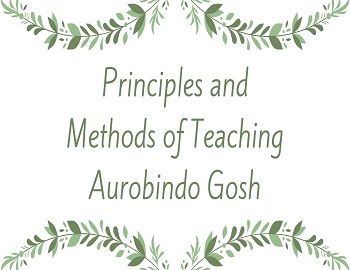
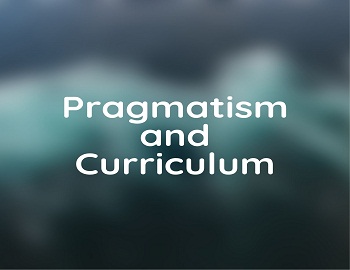
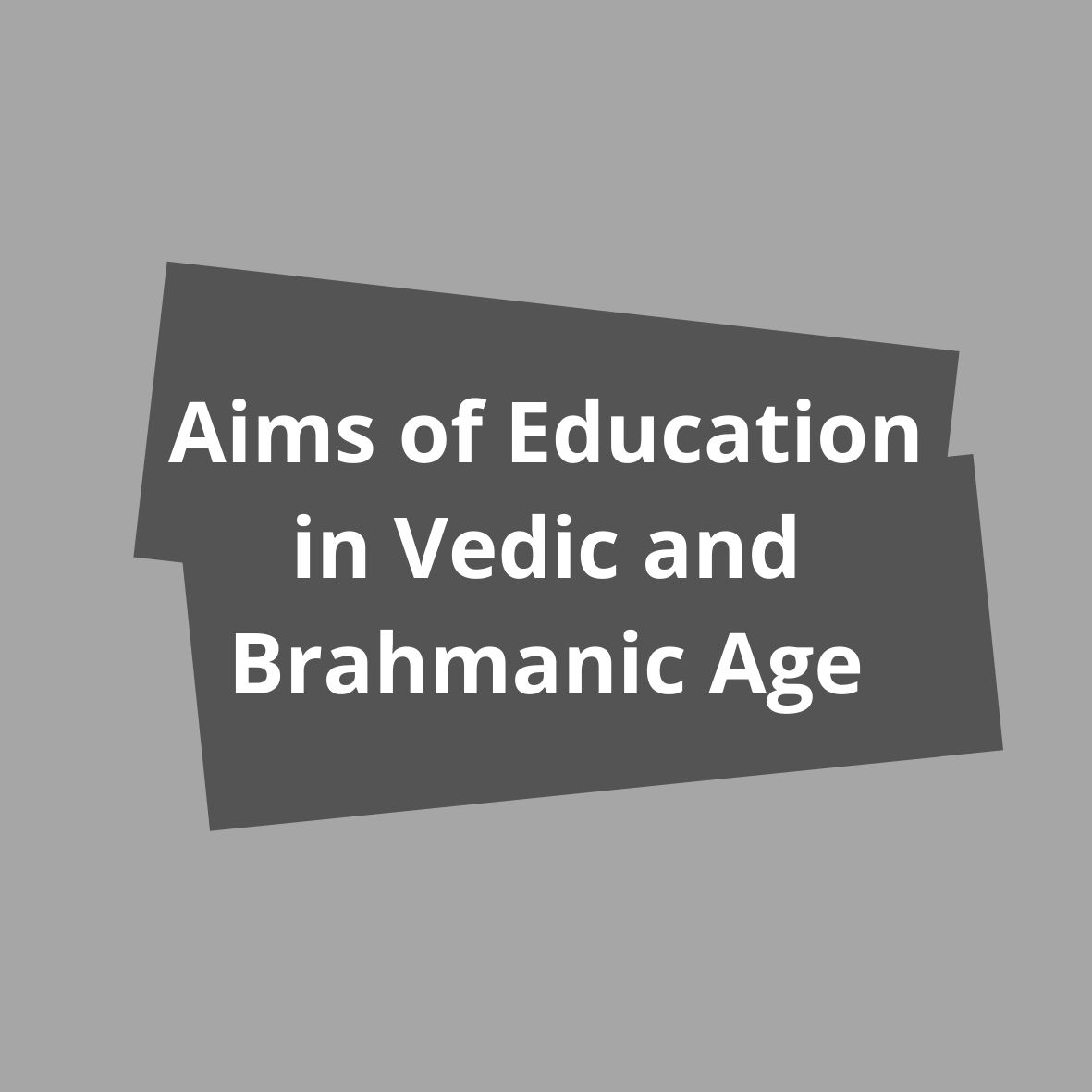
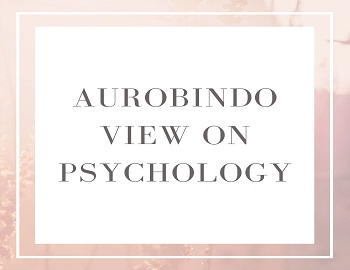
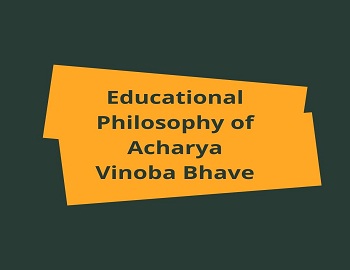
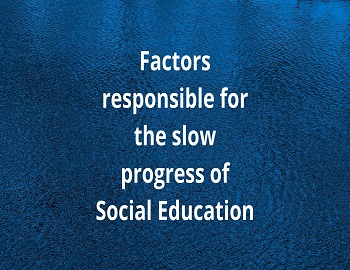
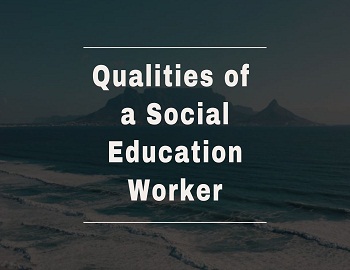
Comments (No)